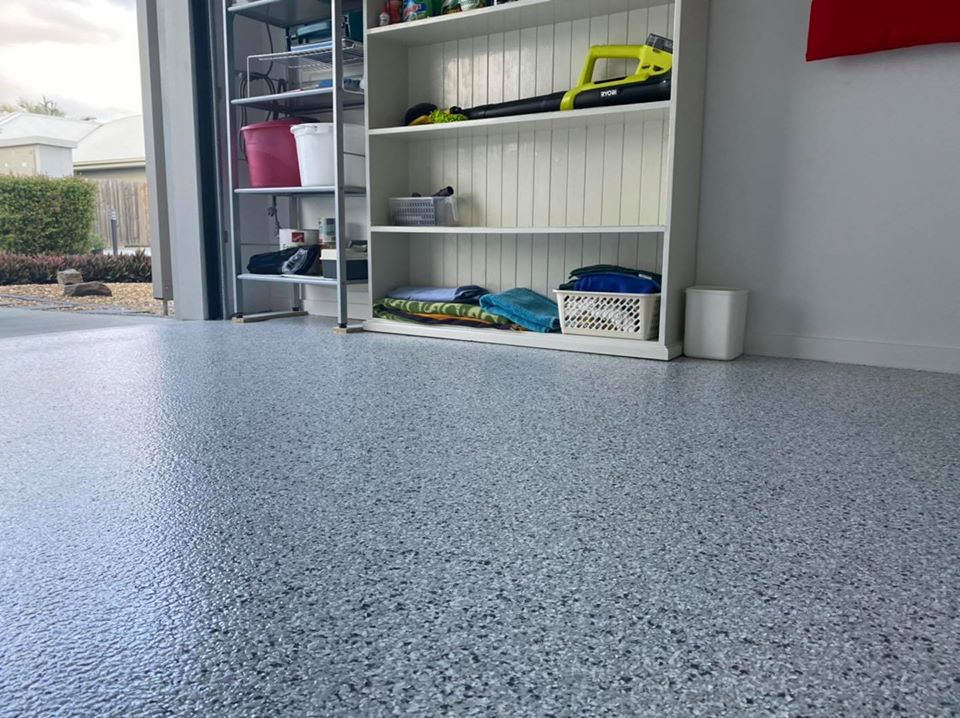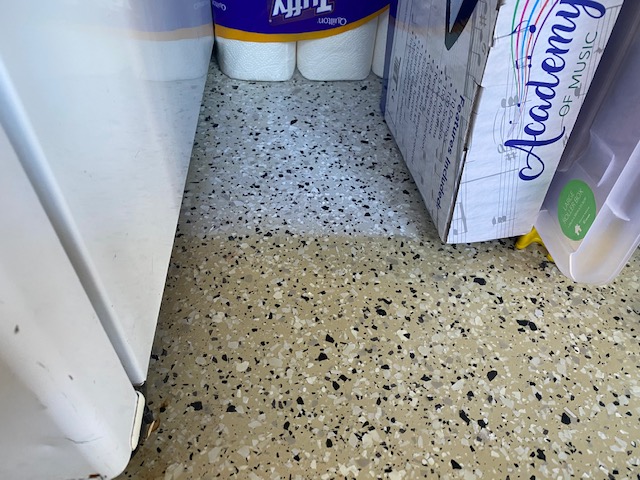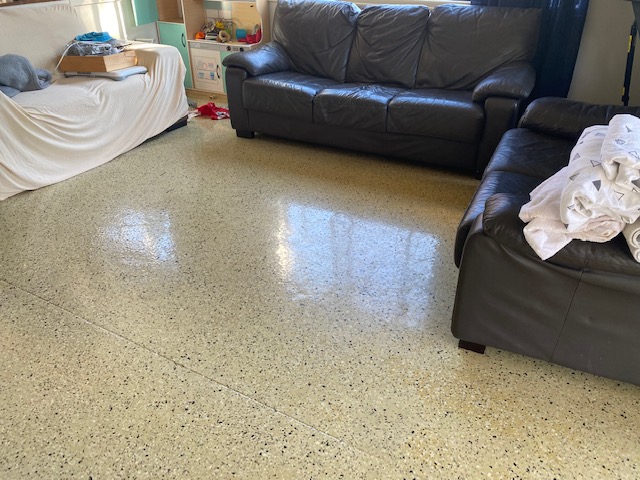What you’re really choosing when contracting an epoxy applicator

Ever seen a fake Rolex watch? It might look the part – higher budget fakes might even feel the part. But they won’t keep time, and they won’t last. Poor-quality epoxy is similar. You might hire an epoxy applicator in Brisbane or in Sunshine Coast, and the finished product might look exactly like you wanted. But after a few months, things start to go wrong.
Like the art of watchmaking, epoxy flooring demands technical expertise. And it’s this expertise that determines the life of your floor.
In this two-part series, we’ll examine what’s on the line when contracting an epoxy applicator. Let’s get started.
Three things to consider when contracting an epoxy applicator
1. Colour and finish
You have a vision for your home or business premise. One of the biggest drawcards of epoxy flooring is the versatility of colours and finishes available. But creating a lasting floor that’ll look fantastic for years is about so much more than picking the hue you think looks the best.


Discoloured epoxy flooring
The epoxy applicator you choose should understand how to select a colour and finish that will yield the best results long-term. This will depend on whether the floor is indoors or outdoors. Outdoor areas typically require darker base coat colours, as these don’t show weathering or wear and tear as much as lighter shades.
2. Topcoat
Not all epoxies, polyurethanes, polyureas, and polyaspartics have the same result. Initially, they can all look really good, but over time, their weaknesses begin to show.
It’s crucial that the epoxy applicator you choose knows the limitations of these topcoat materials and gives you the information you need to make an informed decision.
One of the most critical top coat considerations is UV resistance. UV can come from natural light (the sun), but also from some internal lighting systems. When exposed to UV, epoxy can develop a yellow tinge.
Epoxies don’t usually contain UV resistance, so we rely on other features to protect the floor from yellowing, such as colour choice. As we mentioned above, darker colours are less vulnerable to weathering and won’t discolour. Earthy tones with yellow notes are also suitable choices.
Top coats can also contain ‘absorbers,’ which are added to improve a floor’s ability to withstand UV. The level of absorbers in a top coat product is never clearly labelled. It’s considered a point of difference that suppliers want to keep secrets. Sometimes, we’ll have access to UV testing results, but a good old-fashioned at-home experiment works too. We have numerous sample boards, some of which are kept inside and some of which are exposed to UV and direct sunlight. The boards are then compared.
3. Warranties
What’s covered by warranty? What isn’t? What is the standard term of a warranty? How easy is the warranty claim process?
Warranties are a major concern within all industries, and you must do your research before selecting an epoxy applicator.
Remember, some businesses aren’t upfront about their warranties and related details. We’ve even lost business to competitors that claim to offer 10-year or lifetime warranties. But whose lifetime? What stipulations are imposed to cover this warranty? Will the company still be in business if a claim arises? It’s critical to read the fine print.
Instead of putting all the focus on warranties, we believe in preventative maintenance and education. For example, learning how to clean your epoxy floor properly can extend its lifespan. You don’t need harsh chemicals (definitely no bleach). Warm, soapy, pH-neutral water and a mop will do the trick.
Need help with your epoxy floor?
There’s more to choosing an epoxy contractor than you might think. To get the most out of your floor, it’s vital you do your research and only trust genuine industry experts. If you have any questions or would like a fast and accurate quote, get in touch today. Tough Floors serves the Brisbane, Gold Coast and Sunshine Coast areas.


Thank you for sharing this information.